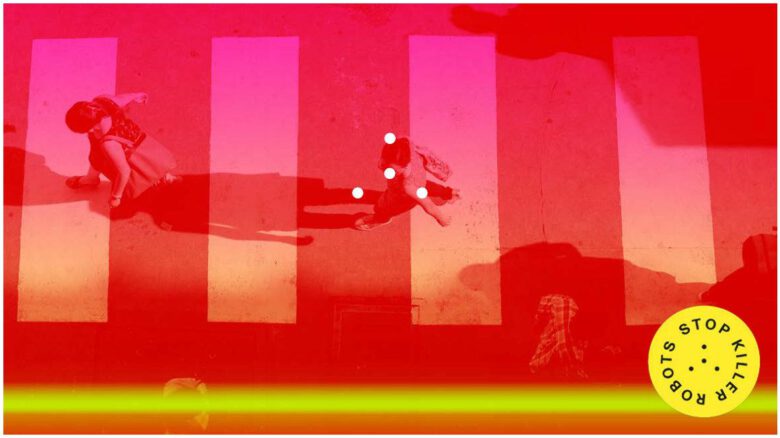Management must be effective

We talk with Fredmund Malik about managing the organization in the time of the coronavirus, the tasks and role of CEOs, remote work and good interpersonal communication.
Fredmund Malik – Austrian economist with focus on management science and the founder and chairman of a management consultancy in St. Gallen. Malik applies systems theory and cybernetics to analyse and design management systems. From 1974 to 2004 he was teaching at the University of St. Gallen, where he is titular professor for general management, leadership and governance.
In your book „Führen Leisten Leben”, you write that each leader is also a manager. Could you explain this statement?
What I am really saying is that we need leadership more than ever before in history because of the deep global changes which are happening.
But leadership has to be made effective because otherwise it is not worth much. And that this can only be done by the function of management. Whether the leader is him/her-self also an effective manager is open.
Some are, some are not. But certainly she/he needs effective managers around for making his /her leadership effective.
According to Peter Drucker, what in the end makes the organization successful, is the impact it has on people and its ability to attract them. What would you advise to leaders of social organizations in the times of corona in this regard? How can they keep people engaged to the organization’s activity?
Corona does not change Peter Druckers advice, it rather amplifies what he is saying. To keep people engaged and motivated in such times needs more communication and the best communication and it also needs to enable people even more than ever to manage themselves. The most important task is to give people a sense of meaning of their work and lives. Meaning is the most important and strongest motivator. If there is no meaning most people will give up.
Why do you propose seeing management as a profession, a practice comparable to practitioning of a doctor or a pilot?
What else could it be? Is it a hobby, is it a game, is it a science? No! Professionals need the right education (be it from the parents, or superiors in their organization, from schooling or university and they also need continuing training and improving including knowledge, skill and also taking responsibility.
In your book „Führen Leisten Leben”, (Managing, Performing, Living) you write that not many people are systematically prepared for the managerial profession nowadays. Where and how could managers master their craft?
You can learn many things in your educational years including studying at the university But you can acquire the necessary practice only by practicing and you can learn it from your parents, your teachers, and from the first bosses in your live. From the masterful ones you can learn most of what and how you need to do. And from the incompetent ones you learn what you should not do.
In the same book, you also write that in the 21st century, it is equally important for people to learn basic managerial skills, as it was to learn to read and write in the 18th century. What exactly do you understand as basic managerial skills?
In my book „Managing, Performing, Living” I have described what is needed. There are 5 basic elements:
1. Responsibility. 2. Communcation. 3. The six principles of effectiveness. 4. The five tasks of effectiveness. 5. The seven tools of effectiveness. And you can apply these 5 elements to the business of today and to the new business, the innovation.
The principles to follow are: 1. Delivering the results with are needed from the tasks you have in your position. 2. making a contribution which is valuable to the organization. 3. to concentrate on a few things as opposed to splintering your time and talents. Without concentration there will not be any results. 4. to use the strengths of people including yourself. 5. to care for mutual trust in your organizational place or department and the 6. principle is to think positive in everything you are doing.
Then the 5 tasks of managing are: 1. providing the right objectives, 2. organizing what has to be done, 3. making the right decisions, 4. To control with measurements and judgment, 5. to develop people. And there are 7 tool one has to learn to master: 1. the meeting. 2. To make reports. 3. The right job design which fits the strengths of the employees. 4. Your personal working method. 5. To do the necessary budgeting. 6. To evaluate the performance of people including yourself. And 7. To abandon what is no longer needed, what has to be replaced because it has become outdated an to make room for new things.
Which principle of your standard model of effectiveness, the circle of management, do you consider the most crucial in the current situation regarding the changes forced on organizations during the coronavirus pandemic?
You need all the principles, tasks and tools on an appropriately high level of professionalism. The means for doing it is communication which is also part of my „wheel of effectiveness”. What is relatively more important in times of Corona is the mastering of communication because you have to manage people at a distance without personal (physical) contact. So the principles of mutual feedback is very important for understanding each other. One of the best examples is the airtraffic and the communication between the guides in the tower and the pilots in the aircrafts.
And within the two separate parts of the circle, tasks and tools, which become the most crucial in the current situation?
The same as in question number 6; however the practice and masterhood of feedback in communication depends on whether you communicate contents which are already known by the persons or still unknown to them. To give an example: Many things cannot be described in words: colors, scents, sounds (music). So communication has to use much more and different modalities in the case of remote communication than just language.
Do you think that the circle of management, requires modifications if we want to apply it to remote working mode? How to manage employees working remotely?
No, but what it needs is more professionalism and masterhood in remote situations for every part of the Wheel/Circle. However, many people have already for a long time managed employees at a distance. And it worked also very well. The precondition of it is that everybody involved knows intimately and masters professionally the Wheel of Management. Therefore employees have to be trained long before a remote interaction becomes necessary.
In NGOs, it is very often that members of the board must realize substantive tasks next to managerial goals. What should they primarily remember about while managing and realizing substantive tasks?
I recommend to take managerial professionalism relatively more important than the substantive tasks because it multiplies and strongly amplifies the effectiveness of such persons also in doing their other tasks.
When A.G. Lafley was taking over the role of president of Procter&Gamble in 2004, he started off in an untypical way. He organized a seminar, to which he invited theorists and practitioners of management, among which was Peter Drucker. The discussion concentrated around basic, but meaningful questions; what is the role of companies’ presidents? Does each of them have their own, unique tasks? If so, what are they? Lafley recalls what Drucker said; The president is the bridge between the Inside, aka the organization, and the Outside, aka the society, the economy, technology, markets and the receivers. What would you advise to the presidents of NGOs in the times of coronavirus? What should be the most important for them in the current situation?
Druckers advice is even more important in Corona-times. And the presidents should be much more active than in normal conditions and thereby much more present for the outside of the organizations. Examplex could be a short weekly or even daily adress to the outside groups like clients, potential employees, his/her own employees, the media etc.
I am looking forward to hearing from you about the questions and the interview.
Thank you for you interesting questions.
Alicja Wójcik





